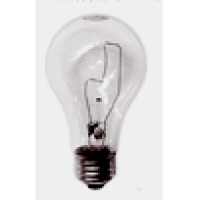The occurrence of belief superiority, in which individuals perceive their opinions as more valid than those of others, frequently causes them to overrate their knowledge and to overlook chances for additional learning. This fascinating concept was investigated in a sequence of experiments by Michael Hall and Kaitlin Raimi, published in the Journal of Experimental Social Psychology. Their findings shed light on how overconfidence arises not merely from ignorance, similar to the Dunning-Kruger effect, but also from the strong conviction that the beliefs of others are erroneous.
The research evaluated whether individuals displaying belief superiority are genuinely well-informed about the topics on which they claim their opinions are superior. It appears that these individuals tend to overrate their comprehension, irrespective of their actual understanding of the subject. This result implies a blind spot in self-evaluation, fueled not solely by a lack of knowledge but also by a steadfast belief in the fallibility of others’ viewpoints.
Thus, Hall and Raimi’s study challenges the reliability of self-assessed knowledge among those who believe in the superiority of their opinions. Their investigation suggests that such individuals may resist new information or perspectives, as they are generally dismissive of the value brought by differing viewpoints. This psychological tendency not only sustains their existing ignorance but also obstructs their ability to partake in informed discussions and enhance their understanding.
This collection of research offers significant insights into the social and psychological dynamics that shape knowledge acquisition and belief development. It underscores the potential obstacles to learning that belief superiority can create and invites a reflection on our own willingness to accept divergent views. The challenge resides in striking a balance between confidence in one’s beliefs and the humility to recognize and welcome opportunities for learning and growth.
